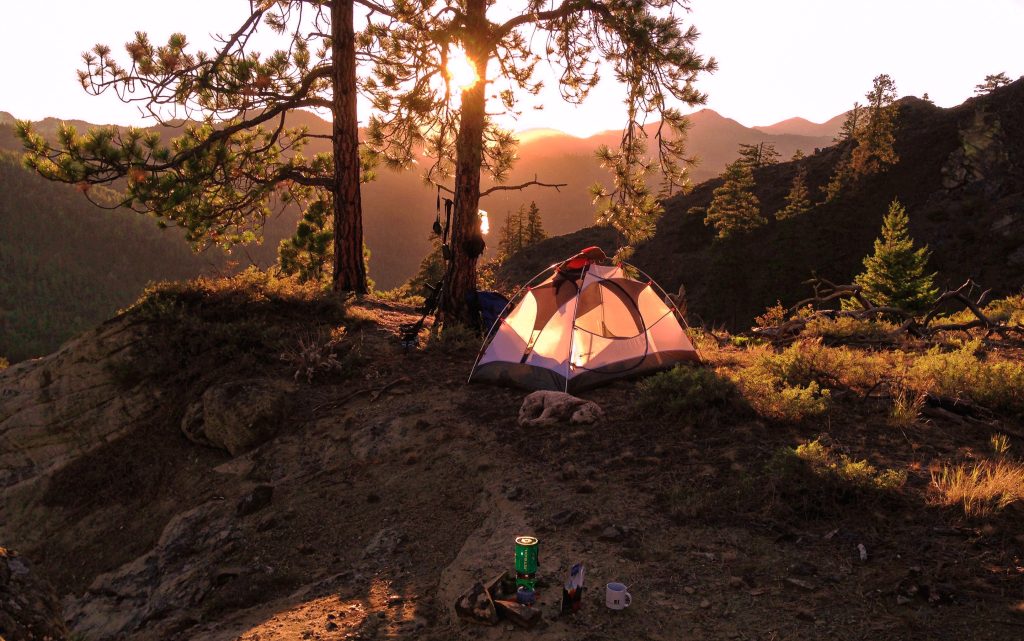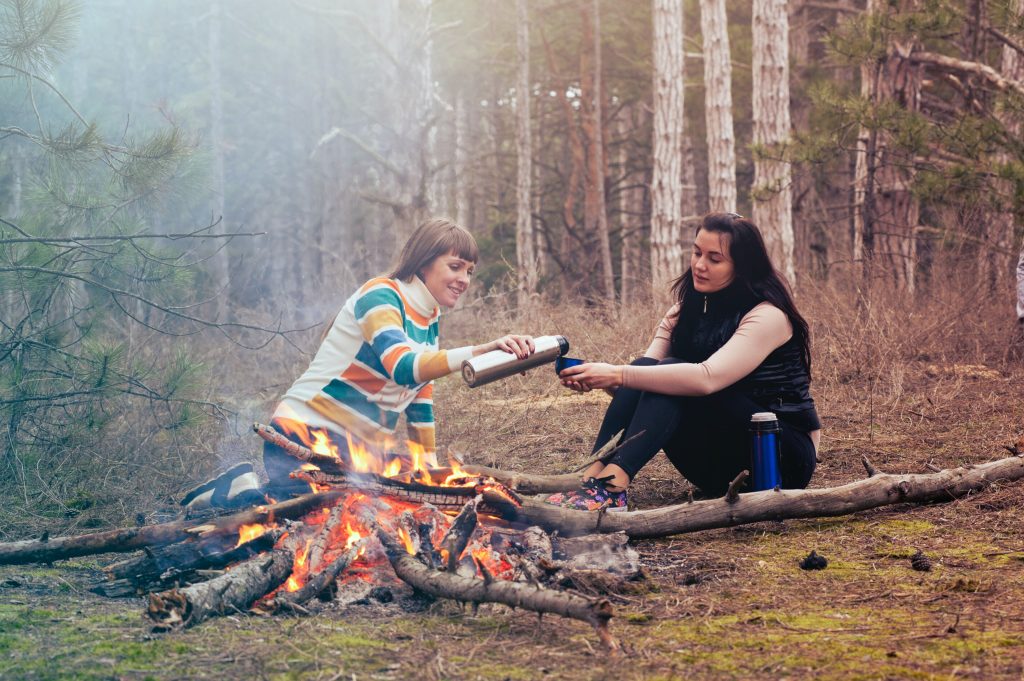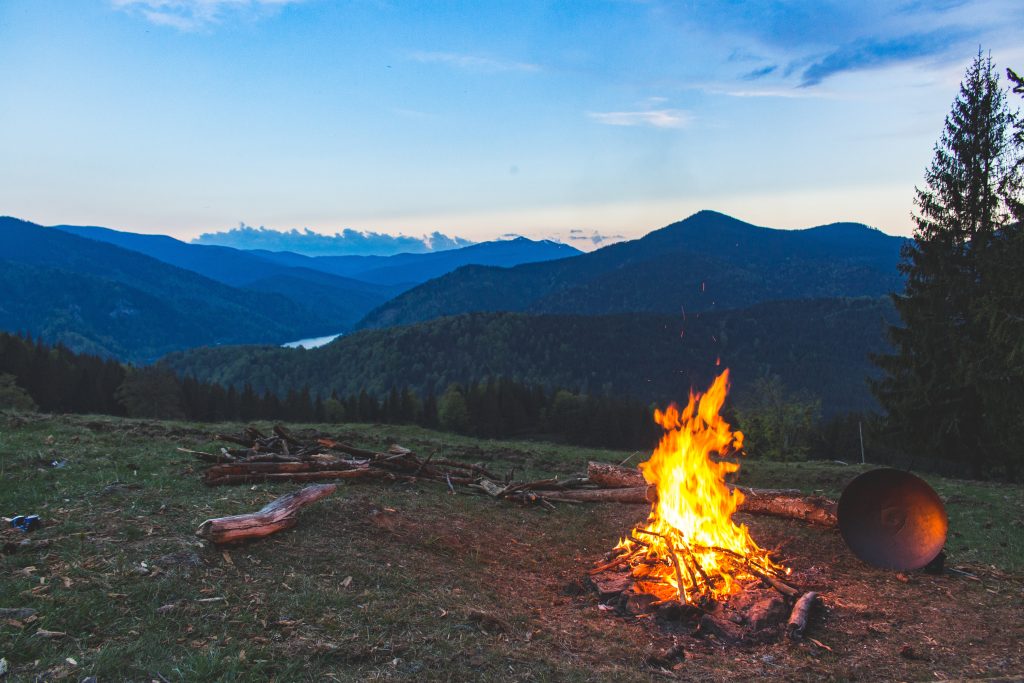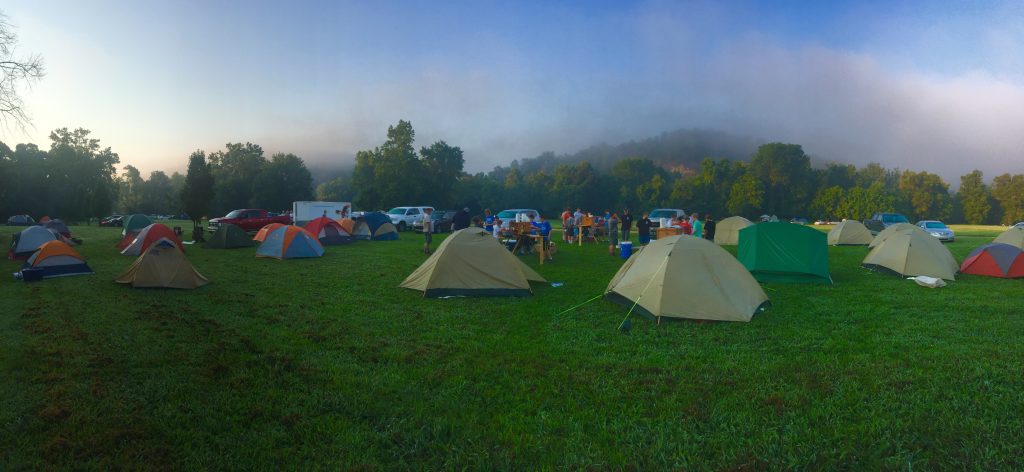Skills
These skills can make a significant difference in critical situations. Understanding weather patterns and being prepared for changing conditions is crucial for camper safety. Here are some weather-related survival tips: Always have a backup plan for shelter in case of severe weather conditions such as storms or extreme cold. Carry emergency blankets or bivvy sacks that can provide insulation and protection.
In case of an emergency or when needing assistance, effective communication and signaling techniques can greatly increase your chances of being rescued. Consider the following: Carry a whistle and a small mirror as signaling tools. Three short whistle blasts or flashing the mirror in the direction of potential rescuers can attract attention.




